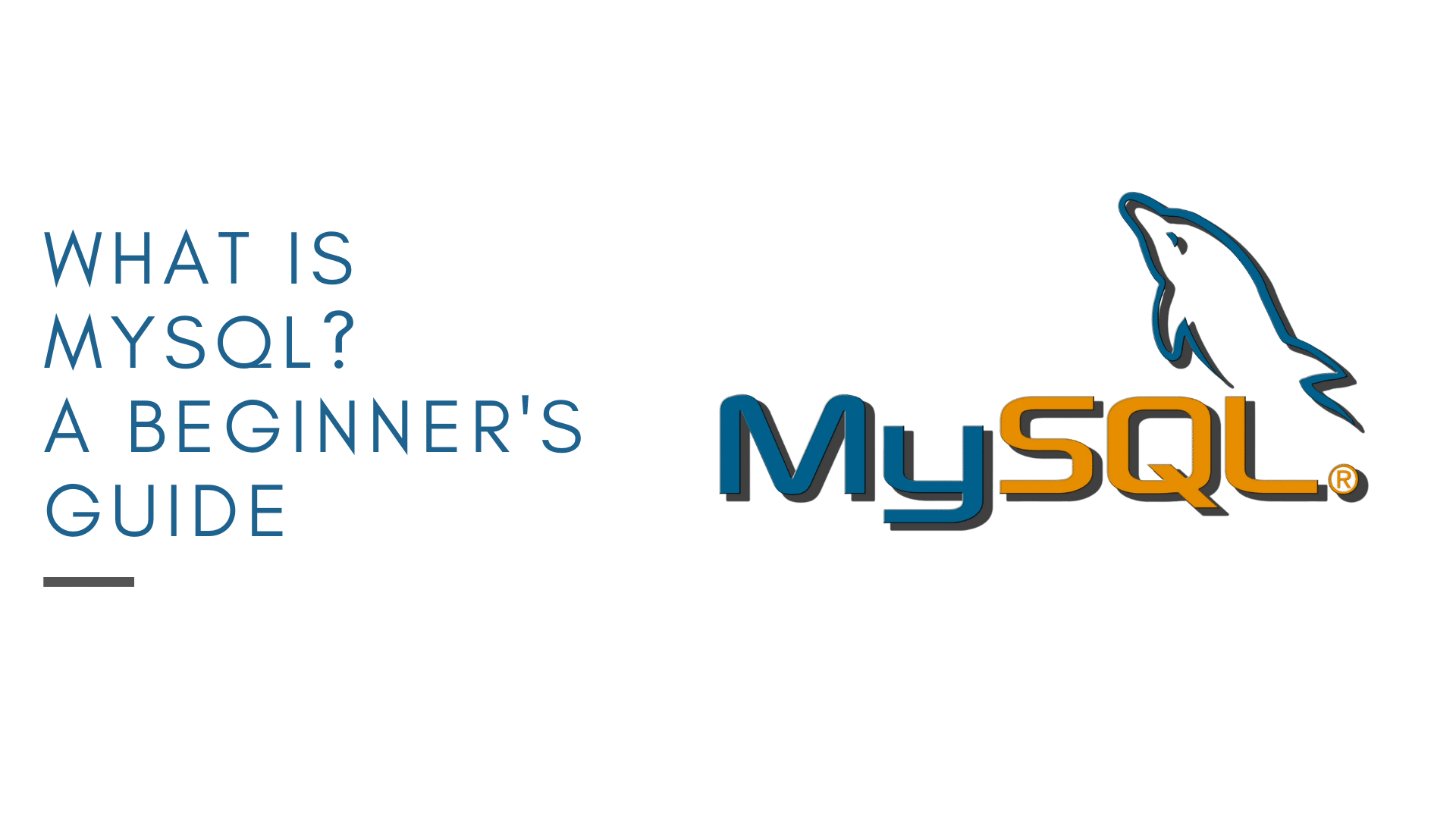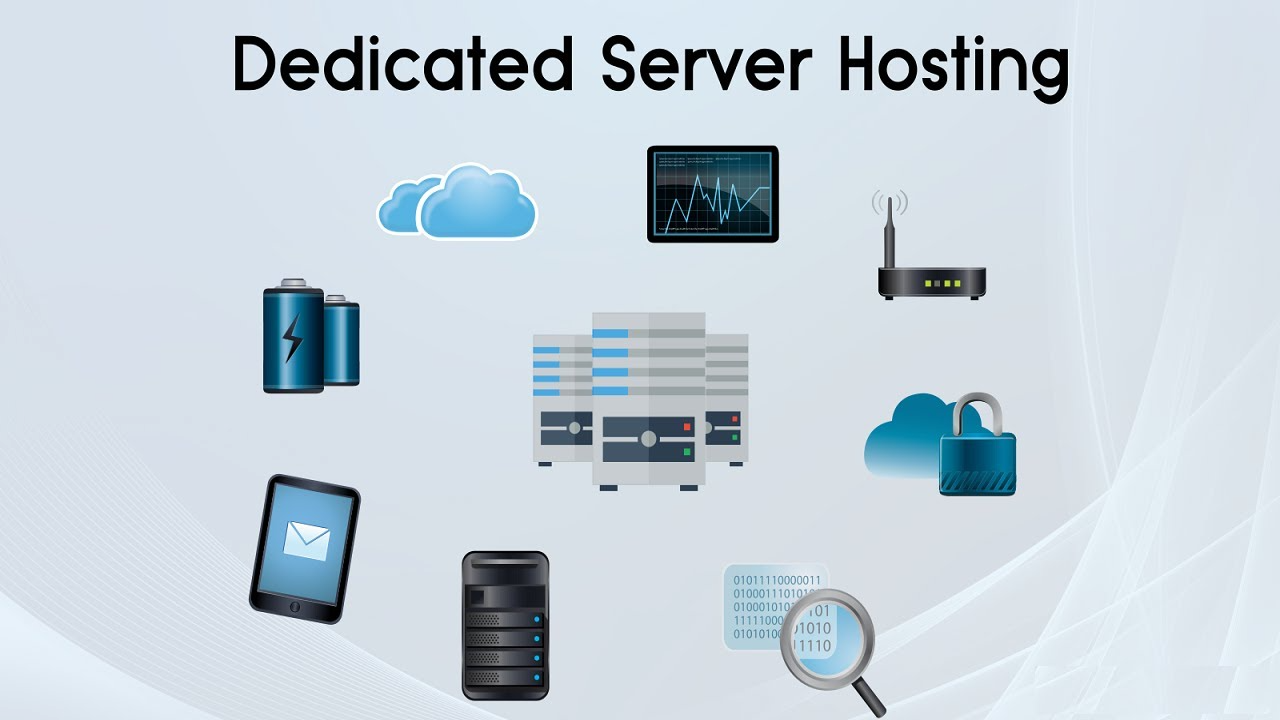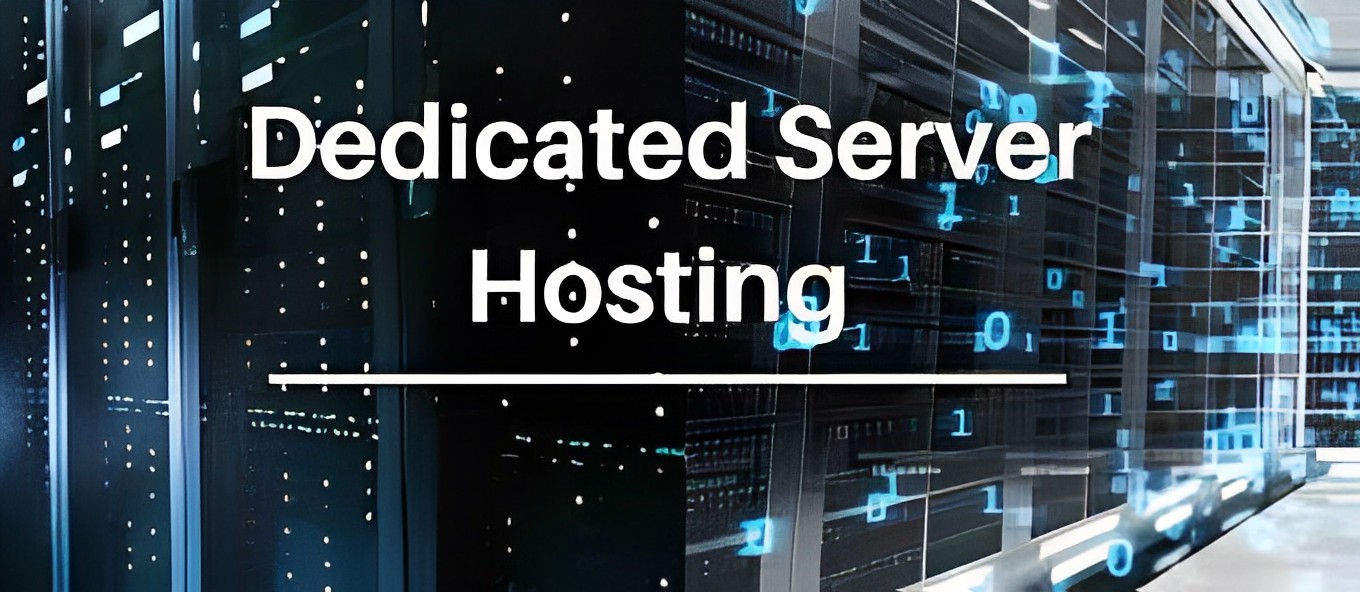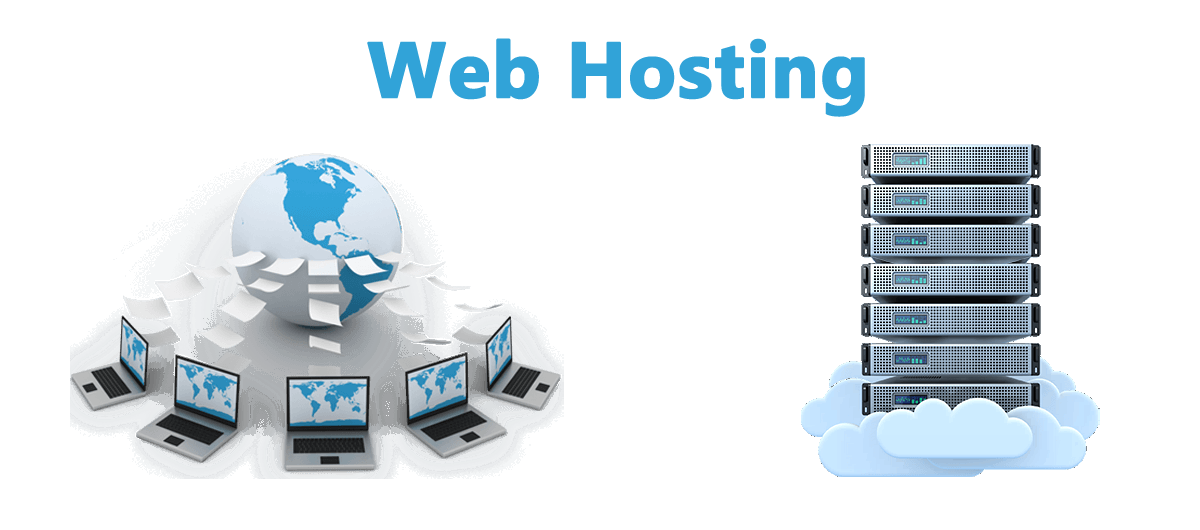MySQL is a great database management system that works on all major operating systems. However, many beginners find MySQL confusing. This article will help you understand what MySQL is. It is a very powerful database and can help you solve many different types of problems. In this article, we’ll go over what makes it so great and how it compares to other databases out there. We’ll also discuss why people love it so much and how they can get started with their databases today!
What is MySQL?
MySQL is a relational database management system or RDBMS. It’s one of the most popular open source databases out there and it can be used by developers to store and manage large amounts of data.
MySQL allows you to create tables with columns that are defined by your needs and the relationships between them. This makes it easy for you to see what’s going on inside your database!
What is a Relational Database?
A relational database is a type of database that uses tables to store data. This means that each row in the table has information about one thing, such as a customer or an employee.
You can use SQL (Structured Query Language) to query these tables and get information about each row in the table at once. Relational databases are much faster than non-relational ones. This because they don’t have all those extra layers that traditional databases have such as file systems and network connections, to handle requests from users who want to see their data stored somewhere else other than where it currently resides on disk drives within your computer’s hard drives.
In addition to being faster than non-relational databases like MySQL, using them also allows you greater flexibility when managing your site’s content.
For example, if we wanted our users’ comments posted directly onto our blog without having first saved them into tables throughout the entire application then this would be impossible since all those comments would needlessly take up space on disk drives that could otherwise be used by other things like storing actual customer info instead, which would mean saving fewer data overall.
What is a Database Administrator (DBA)?
A database administrator (DBA) is a person who manages and maintains databases. The DBA ensures that the database is running smoothly and safely, and performs backups, upgrades, and security measures on behalf of the company. They are also responsible for monitoring the health of their database environment to prevent any issues from occurring or spreading throughout the entire system.
What is the Difference Between SQL and MySQL?
There’s a lot of confusion around the difference between SQL and MySQL. In short, SQL is the language that you use to query the database, while MySQL is the name of your database.
The main difference between these two terms is that one refers to an open-source relational database management system; whereas the other refers to a specific type of relational database management system (RDBMS).

How Does MySQL Work?
MySQL is a server and a client at the same time. It’s an open source database management system (DBMS), which means it was built to store data in a relational format. That means that you can use SQL to query your data, just like you would any other database.
The key here is that MySQL isn’t just one thing it’s both. The server component i.e., the file where your files are stored, and it’s associated client component where users connect to retrieve their information.
This model allows for better performance because each part of the system runs independently from the other, but they still communicate with each other over TCP/IP connections using port 3306 on localhost or port 8080 globally.

Advantages of Using MySQL
The advantages of using MySQL are:
- Excellent Workflow Control:
The database can be used for a wide range of applications, including those requiring high availability and scalability. The database supports transactions that ensure all the data is stored in the correct format, making it easy to query the data.
- Data Protection:
The transactional support in MySQL makes it possible to access the data even after a server crash. The database uses different mechanisms to ensure that all your data is available even if your server crashes or you lose power.
- Excellent Uptime:
Uptime is one of the most important factors when choosing a database. MySQL offers excellent uptime rates, which allows you to run your business without worrying about downtime or losing access to your database.
- Highly Efficient:
MySQL has been engineered with efficiency in mind and offers extremely fast performance while still providing high levels of security. This means that you can easily scale up your application as you grow and eventually move away from using MySQL altogether when you need more powerful features such as sharding or caching, but still retain its simplicity and reliability.
- Low Ownership Cost:
MySQL is a free, open-source relational database management system. It is a clone of the Berkeley Software Distribution version of the Oracle Database, which was the most popular database in the early 1990s.
MySQL is considered to be one of the most popular open source relational database management systems with over 10 million downloads and more than 1 million active installations as of February 2017.
- Outstanding Transactional Support:
MySQL has an exceptional track record of supporting many decades worth of software releases and hardware architecture changes. The community actively participates in improving performance and reliability by releasing new versions regularly which fix bugs and add new features.
There are many support forums where users can ask questions about how to use MySQL or share solutions for common issues. The community is also very helpful with quick response times when you need assistance.
- Scalability and Flexibility:
The biggest advantage of using MySQL is its scalability potential which allows you to scale your application up to millions of transactions per second without any performance penalties. The database itself is also very scalable, making it suitable for large amounts of data (like businesses or even individuals).
It’s fast enough that you don’t have to worry about running into performance issues when storing lots of records at once. It is secure enough that even experienced users won’t need special instructions on how best to handle their data!
It’s flexible, easy to learn, and has a lot of features you won’t find in other databases. This makes it perfect for beginners. Who wants a powerful database without having to spend too much time learning how everything works?

Common Myths About MySQL
Some of the myths are given below:
- Stored procedure functionality is not available in MySQL.
- The database management system MySQL is new and unproven.
- Working with MySQL stored procedures is too challenging in most situations
- Transactions are not supported by MySQL like they are by other proprietary database engines.
- Only lightweight, internal, or web-based applications should use MySQL.
- MySQL doesn’t provide features suitable for businesses.
- MySQL lacks the kind of support that big businesses require.
- MySQL is not an open source.
Conclusion
If you are looking to get started with MySQL, this is a great place to start. We have covered every topic. That you need to know about the software to get started and on your way to building your database. TezHost provides MySQL web hosting services in the lowest price range. We offer a range of affordable plans. Those are perfect for businesses that need to host their websites on a budget. We at TezHost offer MySQL web hosting a secure environment with unlimited bandwidth, unlimited disk space, and unlimited email accounts. We provide web hosting providers around the globe at affordable rates and fast response times to our customers.



